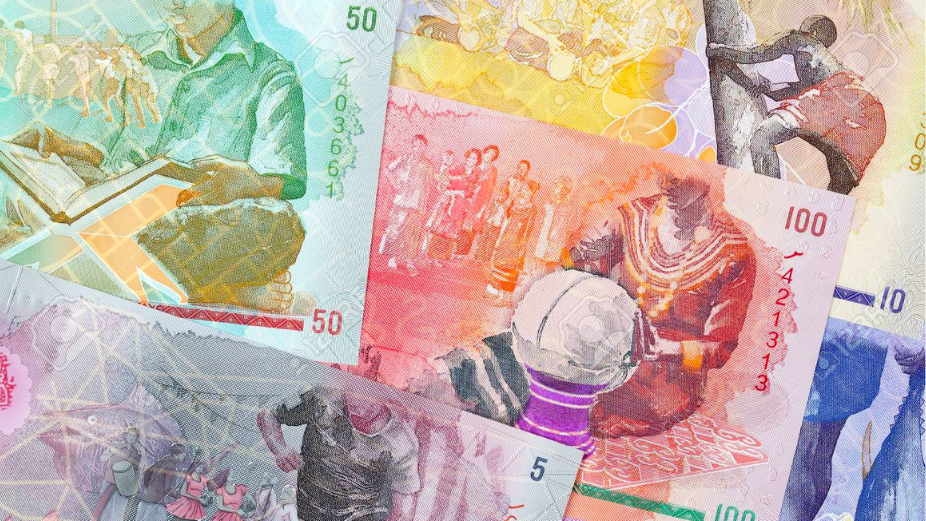
The Maldives has been advised by the International Monetary Fund not to print money, to further tighten monetary policy to protect its exchange rate peg, and to eliminate balance of payments deficits.
The Maldives Monetary Authority utilizes the exchange rate as an external anchor. However, monetary stability is put in jeopardy when it prints money for the government or participates in aggressive open market operations.
In a statement following its annual Article IV discussions, the IMF stated that directors “recommended that the Maldives Monetary Authority (MMA) advances to the government should be gradually phased out to alleviate pressures on foreign reserves and prices.”
Should inflationary pressures rise and/or the elevated parallel market premium broaden further, “MMA should be prepared to tighten monetary policy even more.”
Although the IMF advises Sri Lanka to devalue its currency to make up for improper interest rate targeting, the Maldives is allowed to maintain its peg and policy consistent with maintaining the exchange.
The liquidity position of the banking system acts as the operational target, in order to keep the domestic money supply commensurate with economic activity, and the exchange rate peg with the US dollar is employed as the intermediate target to promote price stability, according to the MMA.












